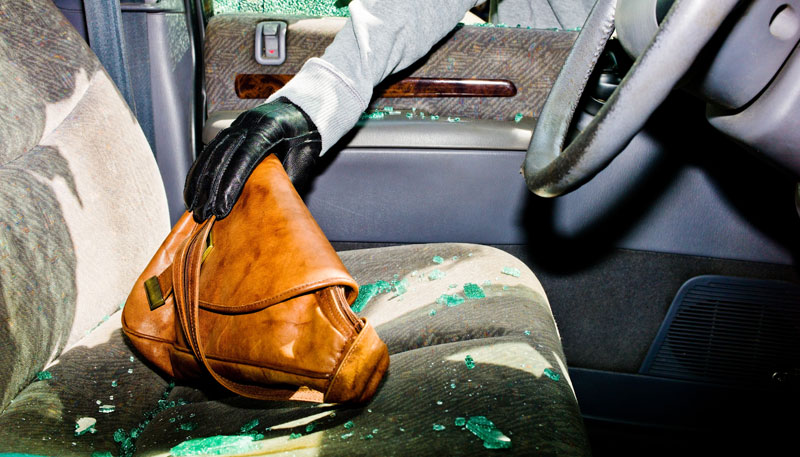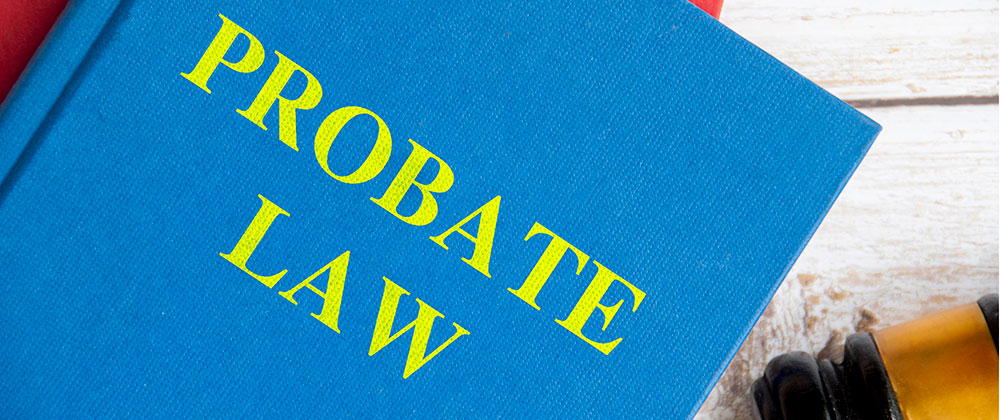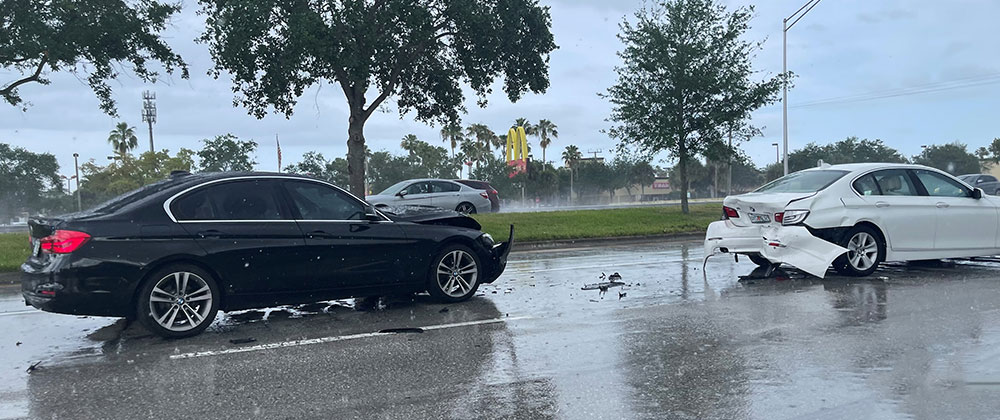According to a news report, a woman was carjacked at a shopping center in in Boynton Beach Florida. The incident happened on the evening of July 22 at 501 Southeast 18th Avenue Boynton Beach, Florida. The perpetrators left with the woman’s purse and car. Fortunately, the woman was not physically hurt, however, the emotional scars are far from removed.
This incident possibly illustrates the responsibilities of a landlord, owner, or possessor of properties towards a party when they are “invited” for business activities or other lawful interactions. Traditionally an establishment has a reasonable duty of care to ensure that persons will not be injured on their property whether they own it or possess it. However, for owners or occupiers of land the status of the person that was injured becomes crucial for the person to recover for injuries.
Generally there are three types of injured victims that can sue for injuries on property owned or possessed by defendants:
- An invitee is invited to a public place such as a store and the owner occupier has a duty to inspect the premises, warn, and take steps to protect the safety of the premises for the invitee.
- A licensee is a social guest or person on the property with the consent of the owner occupier. The owner occupier has a duty to warn of known latent injurous conditions that can injure the person. Police officers and utility workers are considered licensees and even persons often selling products, as there is an impled consent for such persons to knock on a persons door.
- A trespasser does not have permission to go to the property. The responsibility to the trespasser is generally not to willfully harm the trespasser. If the person is whats termed an anticipated trespasser then the owner occupier only needs to warn them of known deadly hazards. This is one reason for the common usage of warning signs on property. Further, even if a person trespasses there is a doctrine known as the attractive nuisance. This concept understands that there may be private property, however in the interests of society a trespasser, like a child, may trespass and fall in a pool or use a trampoline on private property and be injured. Florida has statutorily created a Residential Swimming Pool Act which requires certain safeguards for pools to protect children from this attractive nuisance.
Returning to the original discussion at the beginning of the article a jury or trier of fact will need to determine if perhaps the shopping center did not provide sufficient lighting in the parking lot or if there were other car jackings at the same location. If there were other attacks then the owner/occupier of the land may be liable for not providing sufficient security. On October 2012 a women sued WalMart after she was pistol whipped in the parking lot. The lawsuit claimed that the store did not provide proper security when it was known to be a high crime area and there had been 450 police calls to the location in the last two years. Again the trier of fact will be needed to determine the liability of WalMart and whether as an invitee the store had a duty to take steps to protect the injured party on the premises.
Other examples that can warrant a Boynton Beach Premise Liability Attorney include unpaired staircases, escalators, elevators and shelving. In addition liquid spills not cleaned up properly or warning in place to protect patrons can also amount to liability. Even if a stock boy fails to properly place a product on a shelf, and this results in an injury, a store owner can be held liable. If you have been injured due to the negligence or willful conduct of a landlord, owner, or store then perhaps you are entitled to compensation for your injuries. The Boynton Beach Injury lawyers at Boynton Law have experience and will provide the competent aggressive and investigative services needed to compensate and protect your rights in Palm Beach County.




